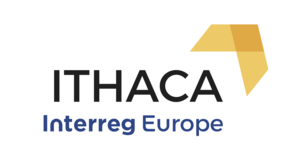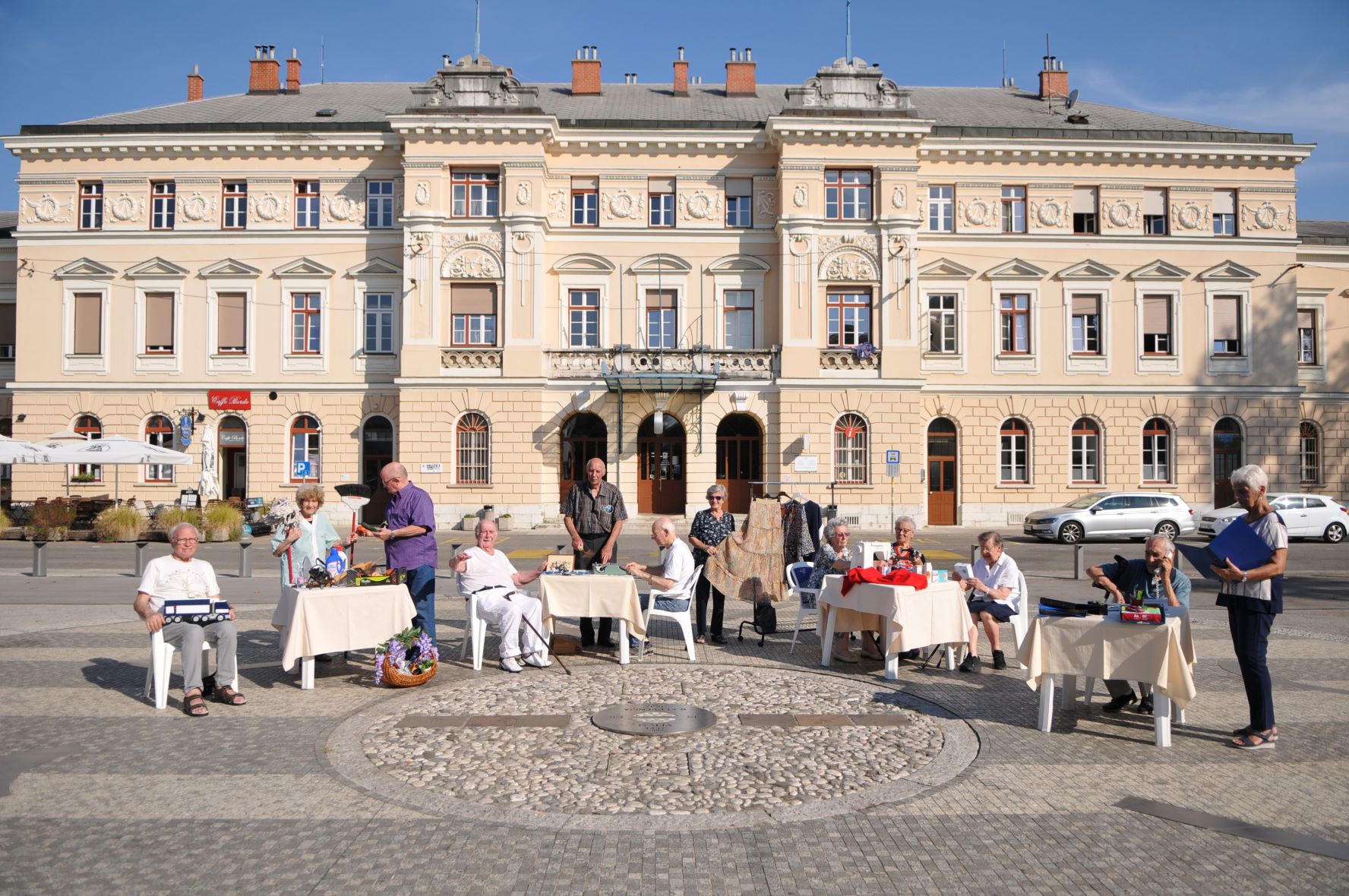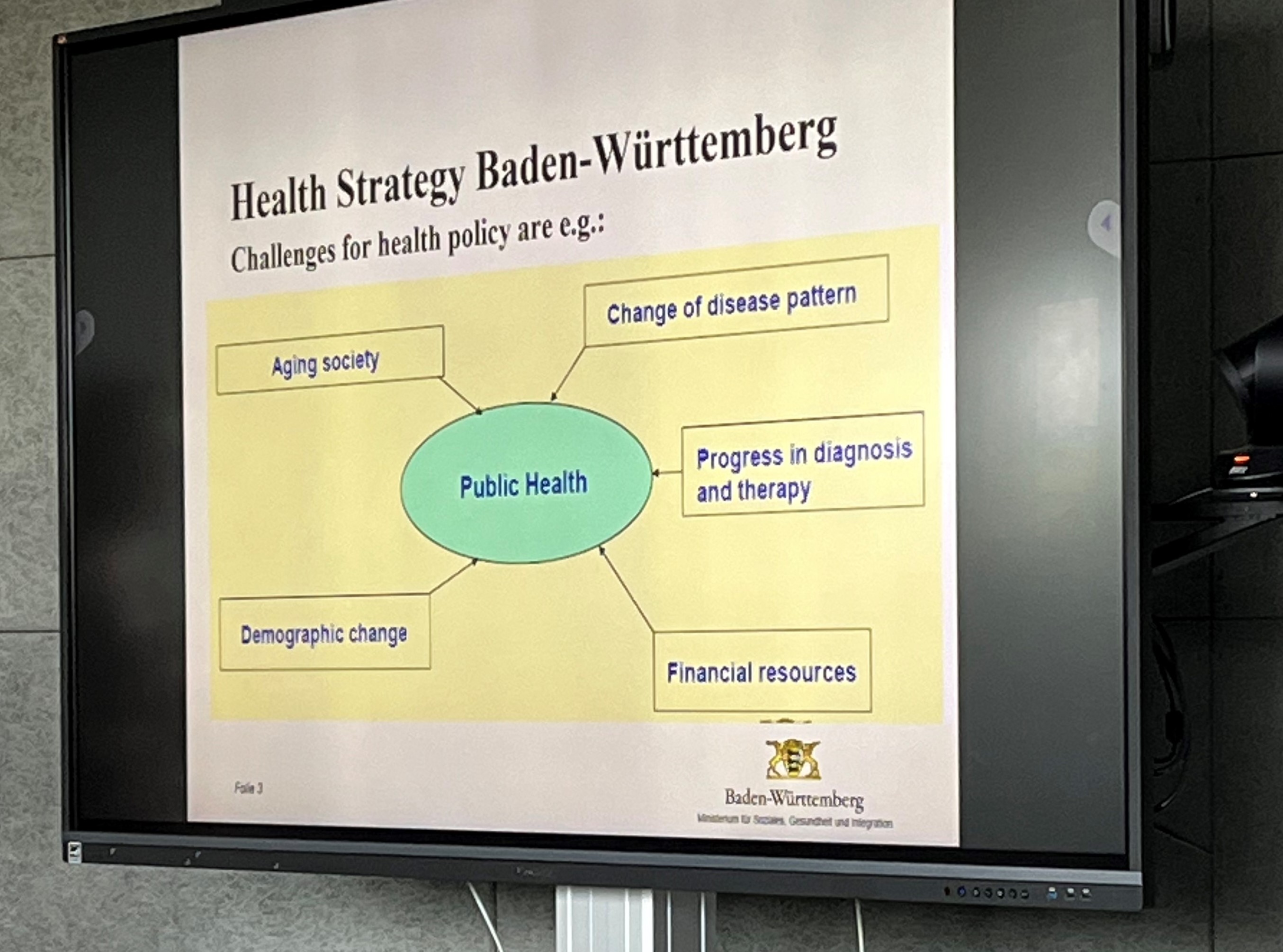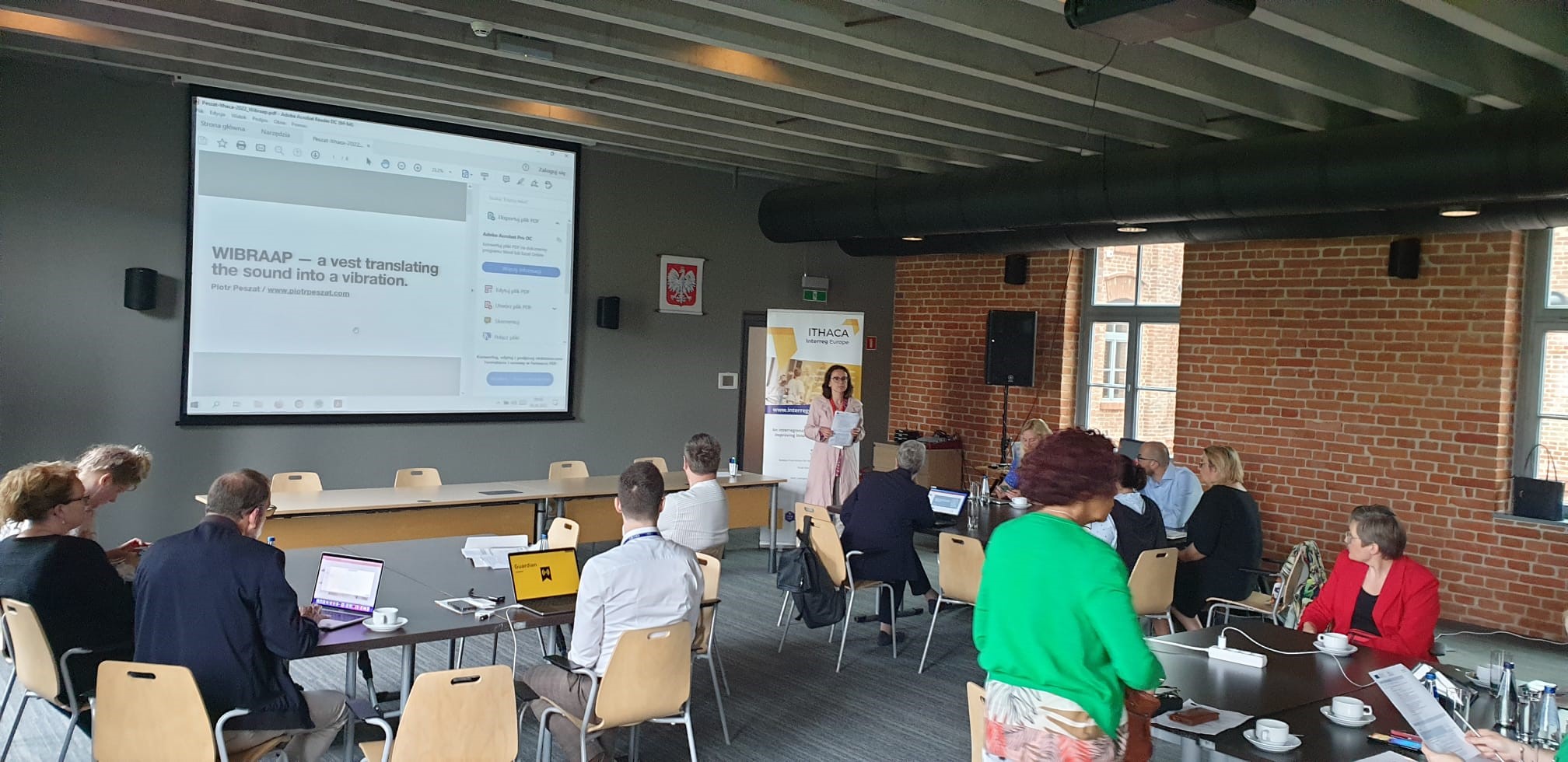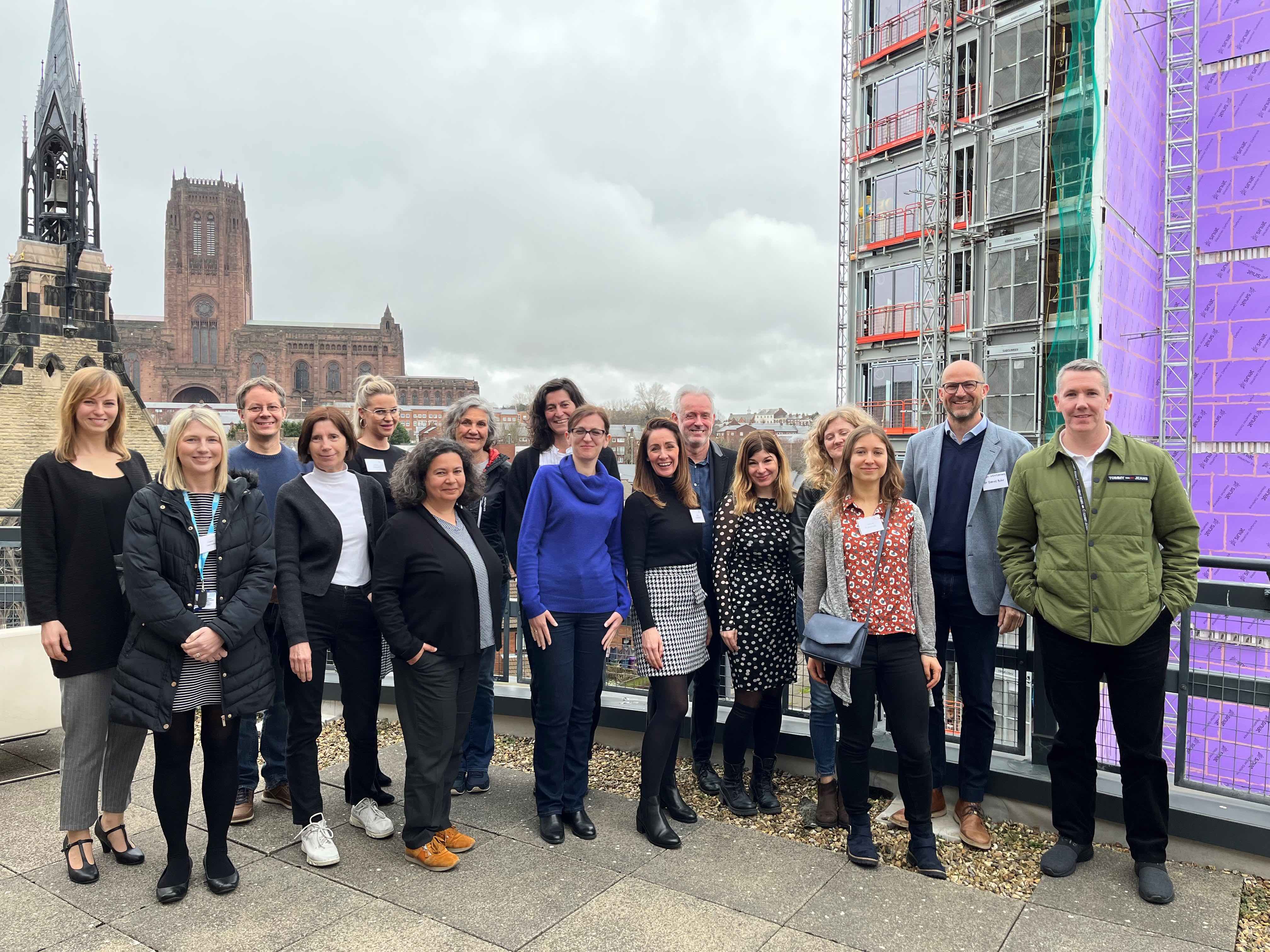A workshop for policy makers, policy influencers and project participants on framework strategy development and action planning was organised on 16 May 2019 in San Sebastian, a beautiful coastal city and municipality located in the Basque Autonomous Community in Spain.
ITHACA’s overarching goal is to improve regional policies and implementation across the smart health and care innovation cycle and to enhance regional and interregional ecosystems. This is intended to accelerate the scaling up of smart solutions for active and healthy living and ageing. Against this background, the objectives of the workshop were to:
- Present a draft Framework Strategy developed in the first phase of the project by the project partners
- Provide a basis for the action planning process that will be implemented in the project’s second phase as well as share experience on the development of action plans already achieved by the partners.
The purpose of the Framework Strategy is to provide an overview of key learning insights gathered through EEPE meetings in the nine partner countries. Learning relates to the three key pillars of ITHACA, i.e. policy/strategy development and ecosystems in the area of innovation as well as how to undertake innovation from demand, idea and invention through market testing/validation to scaling up the implementation along the innovation cycle. The Framework Strategy is to guide the project partners in their future efforts to develop or improve policy and translate this into innovation action through action plans.
Biodonostia. The workshop was opened by an inspiring introduction to research underlying the development of an ageing strategy by Biodonostia HRI. Donostia is San Sebastian in the Basque language. Biodonostia is a national and international centre for health research supporting innovation in medical and health technologies.
Draft Framework Strategy. The ITHACA project manager from the lead partner Province of Noord Brabant presented the objectives and contents of the draft Framework Strategy. She emphasized the importance in policy development to take the needs of the citizens as the point of departure and fully understand the agendas of all relevant stakeholders. It is imperative to create synergies among stakeholders inside the regions but also between regions in order to meet the innovation goals in a strong dialogue with policy makers and influencers.
Review of policy. Policy makers and other representatives of the nine regions reviewed work undertaken – or ongoing – on developing policy/strategy and action plans in the field of active and healthy ageing (AHA) and related innovation. ITHACA has sensitised and prompted all regions to address the challenges related to ageing very seriously. Some regions already have developed policy on AHA, the silver economy and comparable policy areas, while others are in the process. Issues highlighted by the delegates included the need to address health and social care in a coordinated way, a wish in a number of regions to gradually move away from a model of reactive health and care to one empowering citizens to contribute to their own health through self-management and thereby enhance their quality of life.
The review also reiterated the need to base innovation on explicit needs of the citizens as well as of the health and care systems – away from development of solutions from a supply push nature. The importance of developing and/or sustaining innovation ecosystems and networks was highlighted. As concluded often before, adoption of new solutions developed as well as scaling and commercialisation of these are prerequisites for getting societal returns on the efforts in the form of better health and care, business development and job creation.
Review of action planning. An action plan is a document providing details on how the lessons learnt from the ITHACA project cooperation will be exploited in order to improve the policy instruments addressed in a region. Some regions have already initiated and undertaken work to develop an action plan whereas others are only in the early stages of this process.
Sharing of ideas and views. The workshop participants were subsequently divided into subgroups to share ideas and views on how to use the Framework Strategy in their policy and action plan development. To this end a very innovative dialogue approach (Tablecloth dynamic) developed by a Dutch company was used. This proved a very effective tool for sharing view and ideas in a very effective manner.
The afternoon was concluded by an introduction to the Scientific-Technological Park and impressive facilities of the newly built Biodonostia. At these premises, the organisers hosted a networking dinner for all workshop participants. A dozen of the participants finally enjoyed a night visit to San Sebastian city, partly in the rain.
Warm thanks go to Bioef’s management, Xabier Elcoroaristizabal and his colleagues for having organized an excellent workshop.
